Moody College announces new faculty appointments
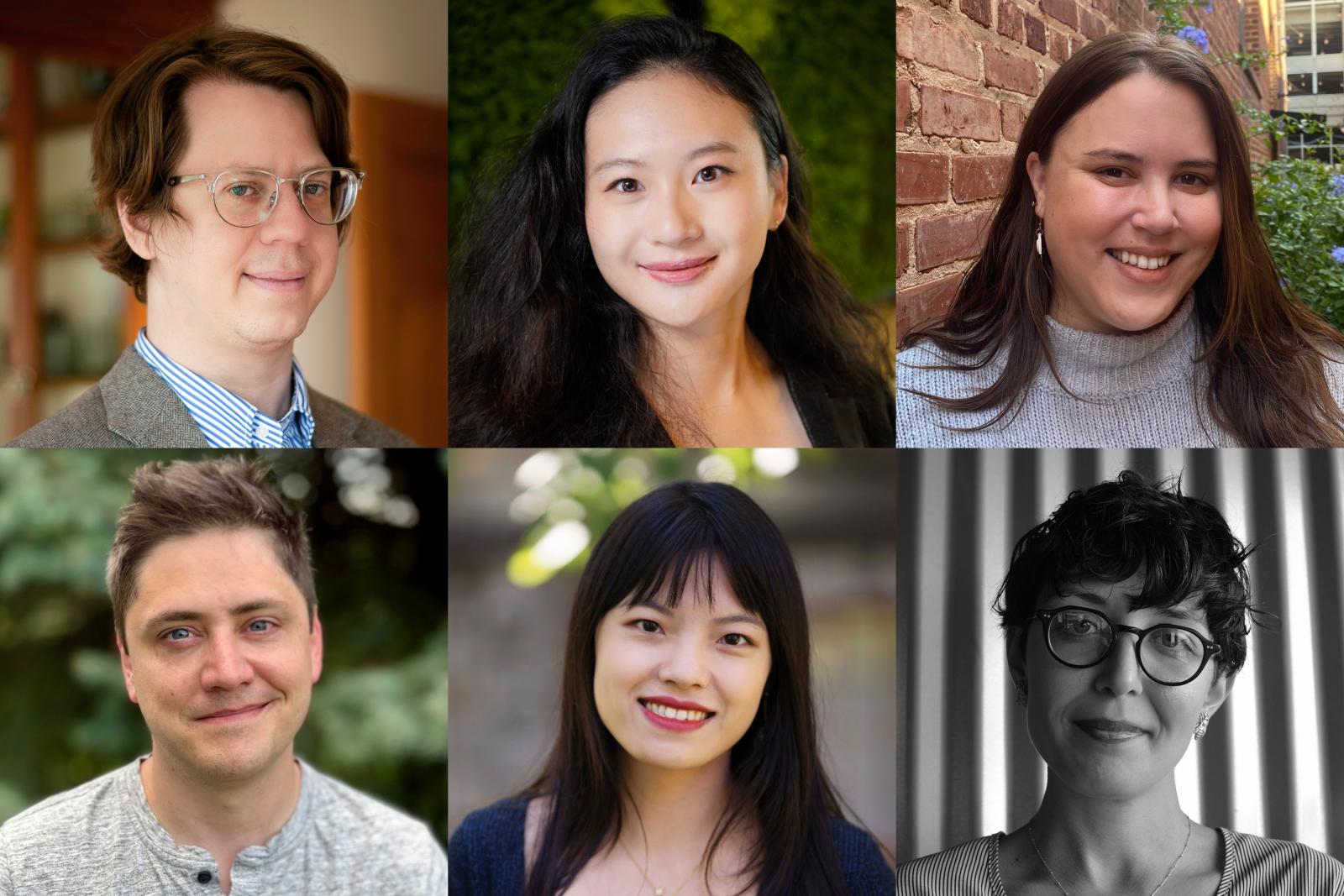
Moody College of Communication is expanding the caliber of its research and teaching by adding five new full-time faculty and a full-time visiting assistant professor.
They will be teaching in radio-television-film, communication studies, journalism and in the speech, language and hearing sciences departments. The new faculty are essential additions to the college as it works to nurture creativity, grow its research portfolio and develop new curriculum and credentials for students.
Get to know our new faculty members as we kick off the Fall 2025 semester.
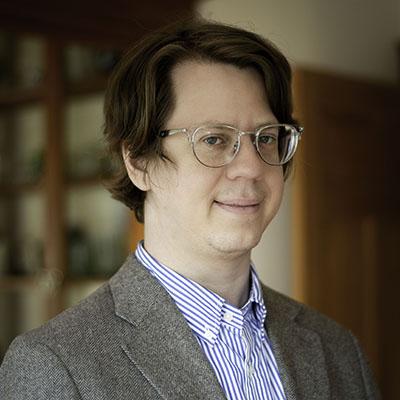
Byron Fong
Assistant professor, Department of Radio-Television-Film
Fong's research examines the global history of computer technologies and their impact on cultures of labor and media. His current book project, Kinetic Control: Interactive Movement in Video Game Aesthetics, historicizes video game aesthetics from 1985 to 1994 through the lens of technology, animation and industry. He also has experience in museum exhibition design and archival collection assessment.
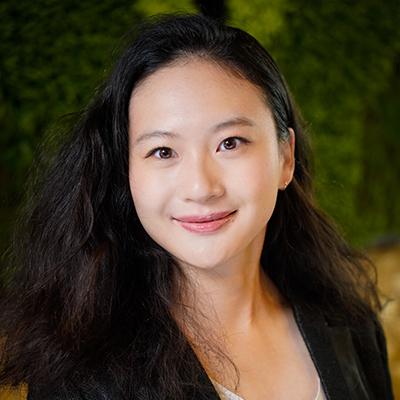
Jasmine Wu
Assistant professor, Department of Communication Studies
Wu studies the dynamics of communication and social relationships in teams and organizations, aiming to leverage collaboration technologies in workplaces to enhance organizational productivity and employee well-being. She applies statistical and computational methods to understand team processes and organizational structure from a social network perspective. Her current project focuses on identifying and understanding communication patterns and relational mechanisms within the context of flexible work arrangements. Her work has won international awards and appeared in leading peer-reviewed journals across communication, management and network science.
Wu obtained her Ph.D. degree in Media, Technology, and Society and an M.S. in Statistics from Northwestern University. Before UT, she was a Postdoctoral Researcher at the Wharton School, University of Pennsylvania.
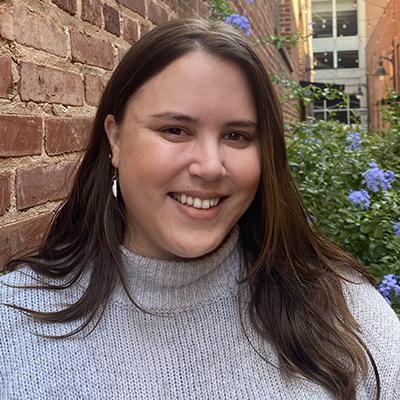
Laura Friedman
Assistant professor, Department of Speech, Language, and Hearing Sciences
Friedman earned her B.A. in Hearing and Speech Sciences from the University of Maryland and her M.S. and Ph.D. in Communication Sciences and Disorders from the University of Wisconsin—Madison, where she trained at the Waisman Center. She then completed an NIH-funded postdoctoral fellowship at the University of South Carolina. Friedman is also a licensed speech-language pathologist.
Her research focuses on the language abilities of adolescents and adults with intellectual and developmental disabilities, with a focus on fragile X syndrome and autism. She investigates how language can contribute to key adult outcomes, such as building friendships, finding meaningful employment, and developing self-advocacy skills. Her work uses a systems-based approach, looking at how genetics, environment and lived experiences interact to influence outcomes across adulthood.
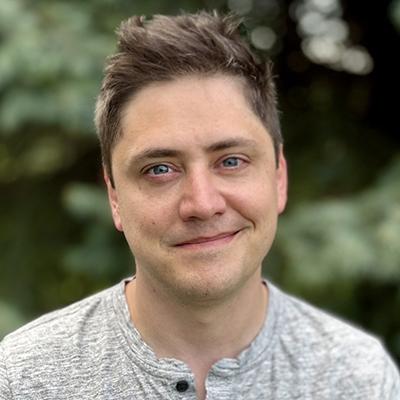
Ryan Tinlin
Assistant professor of instruction, Department of Communication Studies
Tinlin has been involved in speech, as a competitor and coach, for over 20 years. As part of his administrative duties, he serves as the Director of the University of Texas National Institute in Forensics and the Director of the Longhorn Classic, a national speech and debate tournament for high school students.
Tinlin has coached students at Orange Coast College, Lewis and Clark College, The University of Texas and Illinois State University. He has coached over 150 students to national outrounds, including over 70 national finalists at the AFA and NFA national tournaments. His students have won multiple national championships in After Dinner Speaking, Informative Speaking, Duo Interpretation, Prose Interpretation, and Dramatic Interpretation. He has also coached multiple national finalists in Persuasive Speaking, Communication Analysis, and Program Oral Interp. At the high school level, he has coached national finalists at NSDA and state finalists at the Ohio, Illinois, and Texas state tournaments during his time working at various high school summer camps. He was awarded the Outstanding New Coach award in 2021 for his work with the UT speech team while he was a graduate assistant. He also won the Illinois State University Impact Award in 2025, recognizing his excellence as an instructor in the classroom.
Shengchun Huang
Assistant professor, School of Journalism and Media
While completing her doctorate at the Annenberg School for Communication at the University of Pennsylvania, Shengchun Huang’s interdisciplinary research explores how AI-driven media systems shape news consumption, user perceptions and democratic engagement. Her work blends computational, quantitative, and qualitative methods to examine algorithmic curation, affective polarization, and platform power—earning publication in top journals such as New Media & Society, Political Communication, and Information, Communication & Society. With prior degrees from Tsinghua University and Renmin University of China, and professional experience as a journalist and editor, Huang brings a global perspective and a deep commitment to advancing the future of political communication and media research.
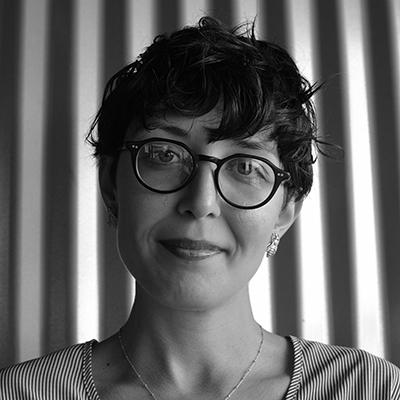
Slaveya Minkova
Visiting assistant professor, Department of Radio-Television-Film
Minkova is a scholar with an interest in media theory and practice. Her research examines an emergent mode of media production associated with globalized film and television industries in Southeast Europe. She considers the fragmented and globally dispersed production practices of streaming media giants, taking a spatial and infrastructural approach to the role of film studios in the regional dynamics of media production. Her work considers the relationship between studio and city, the complex geographies and politics of transnational sets and the material conditions of digital media labor.
